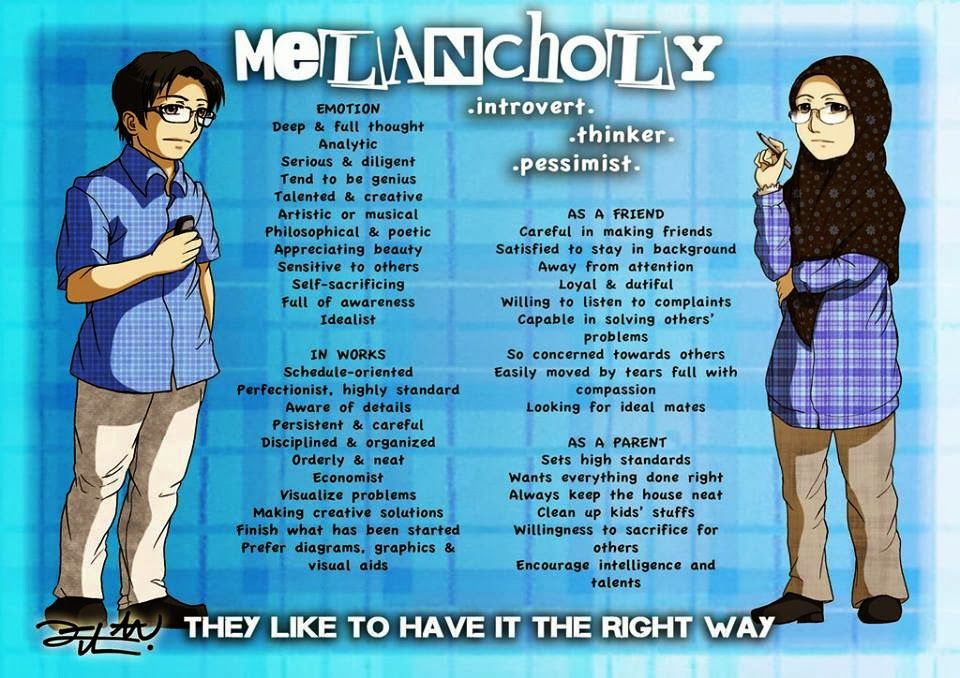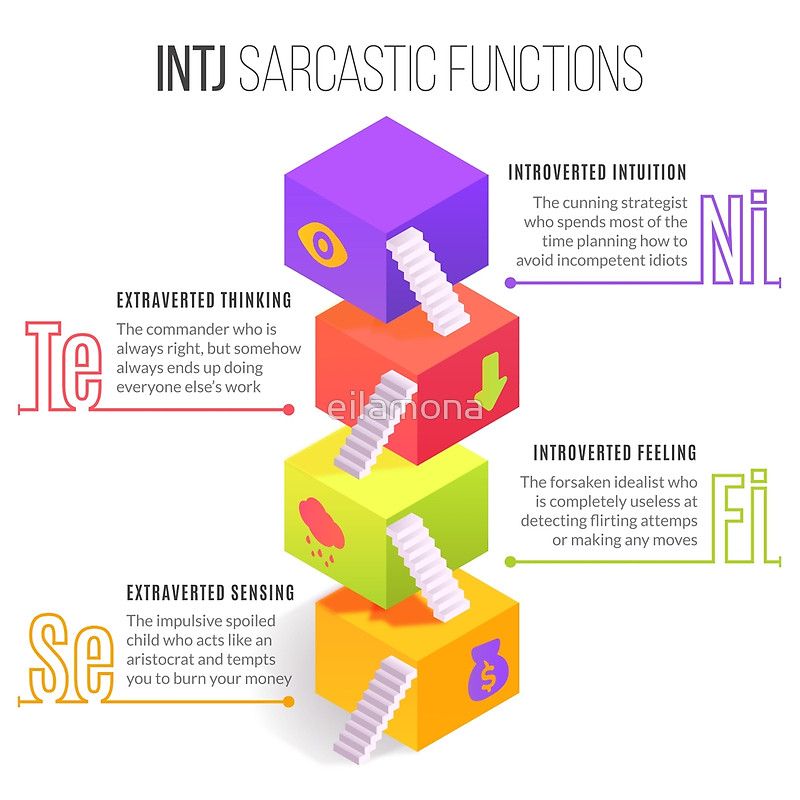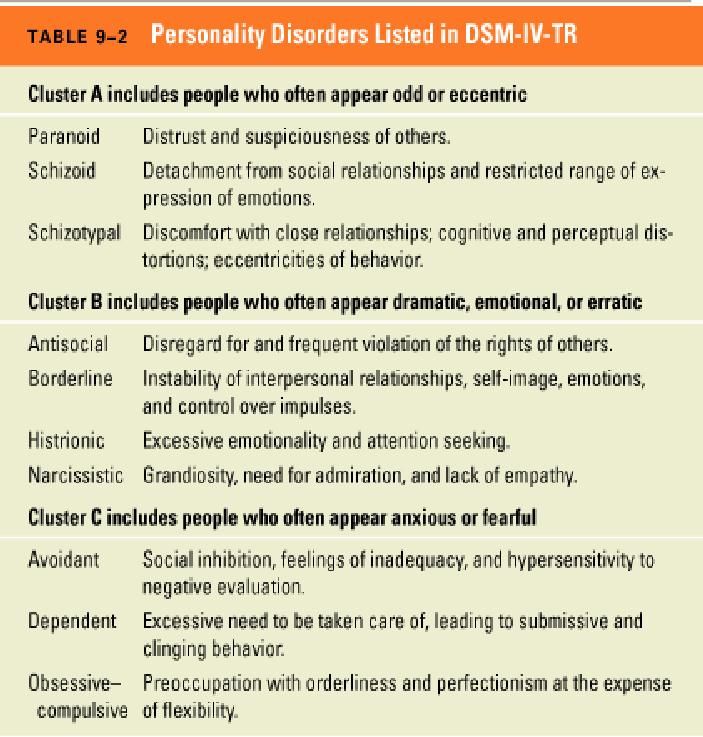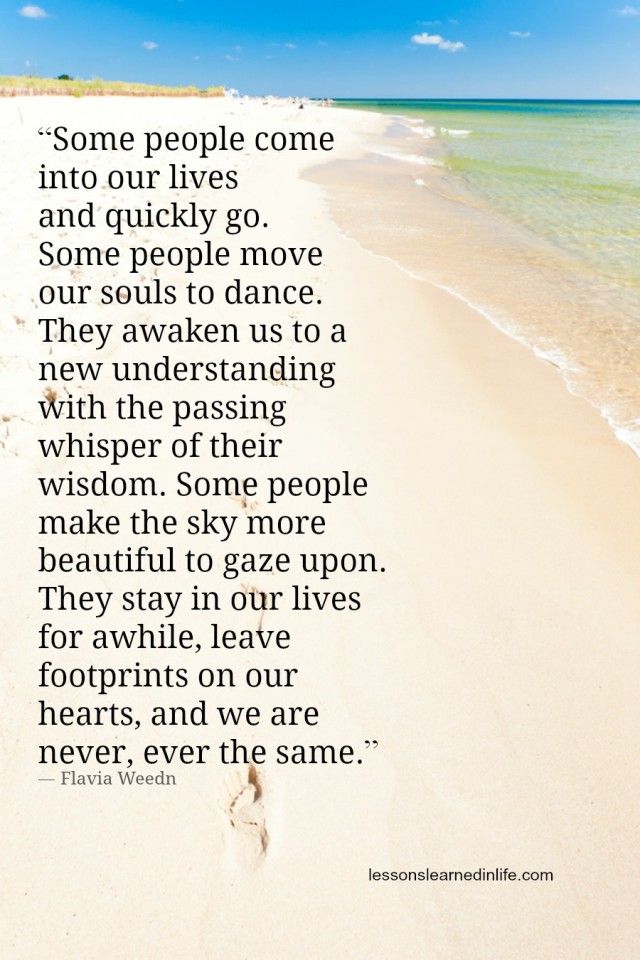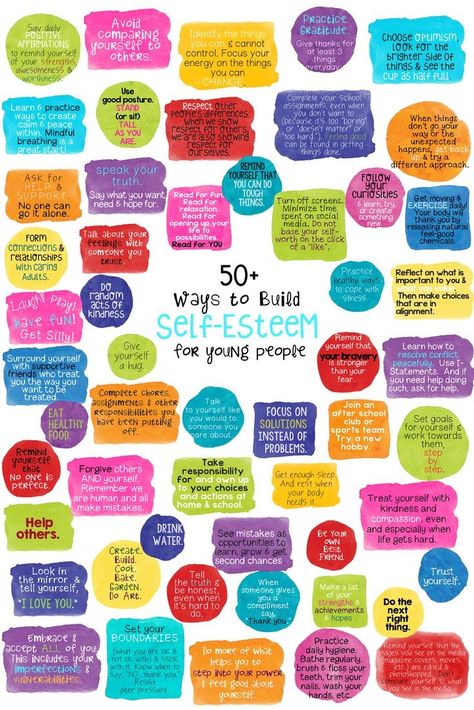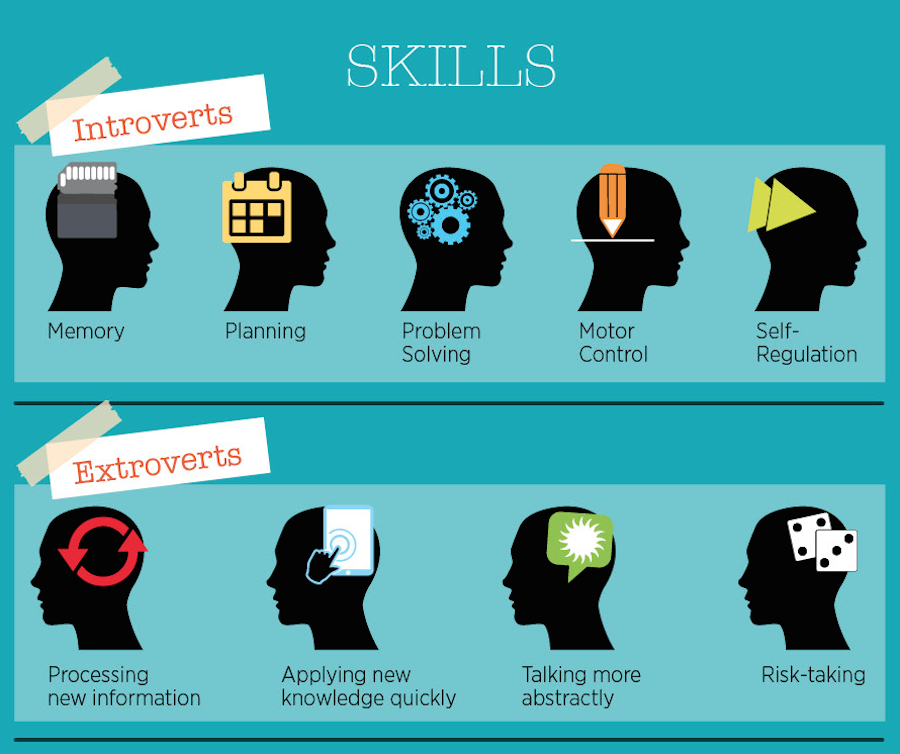When you love someone more than yourself
» Can You Love Someone Else More Than Yourself?
I’m not going to mince words. The answer is that if you THINK you love someone else more than yourself, it’s not love in the first place. You didn’t love them that much and you surely didn’t love yourself that much either.
Why? Why do I say that?
Well, let’s examine love a little bit.
Love For Your Child
This is the easiest one to describe because most people have either experienced it or seen it up close and know what it is. It is a passionate connection to someone who can’t give much back! A baby is taken out of your body, a child that you kinda had a relationship with, if you’re a woman, for 9 months and you feel some sort of connection. Then the baby has needs and those needs keep you hustling around the clock. You forget what sleep is in the serving of this other human being. That is the purest form of love. What is the main feature here? – Giving.
Romantic Love
Romantic love is actually the opposite. It’s not even really love. It’s infatuation; it’s obsession. So much so that scientists have determined that the same hormones are raging in romantic love as in people with severe cases of OCD (obsessive-compulsive disorder)! And why? Why the obsession? – Because of what this other person gives *to me*. The romantic love partner is no longer the giver but the receiver. True, they will turn into a giver, but that is only because of the largess they have been receiving. You do want to give to someone who gives to you.
Now it is quite true that you can be in love with someone who does not return it. And that is called “unrequited love.” But it’s no different at all. It’s still receiving, only this time, the receiving is all in fantasy. You imagine receiving all that wonderful attention and it feels so good. And mind you, who is the object of this love? – It is someone who fits *your definition* of “perfect,” whether that is because of looks, gestures, how he/she comports themselves, money, social status, or whatever.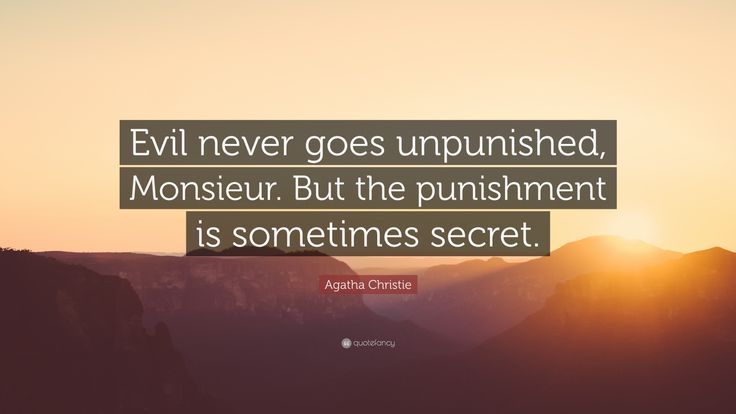 There’s no giving here at all. It’s all about receiving.
There’s no giving here at all. It’s all about receiving.
Which brings me to the next type of love, a love that isn’t at all.
Needy Love
A person can convince themselves that they love someone who isn’t even perfect and doesn’t even fit their own definition of what an ideal partner should be. Worse than that, they can tell themselves that they’re in love with someone who mistreats them. They may even be aware of the mistreatment, but they don’t want to discuss it. The more their friends warn them against this individual, the less they listen.
Why do they do that?
The needy person clings to someone who does not love them and doesn’t even know how to love anyone for the simple reason that their neediness is an addiction. Here’s how addictions work. When I was in my late teens or early 20s, I was curious about cigarettes. I tried one and I couldn’t believe how awful it was. Anyone, absolutely anyone who was just starting would agree with me. You’re inhaling this smoke that is making you choke and cough.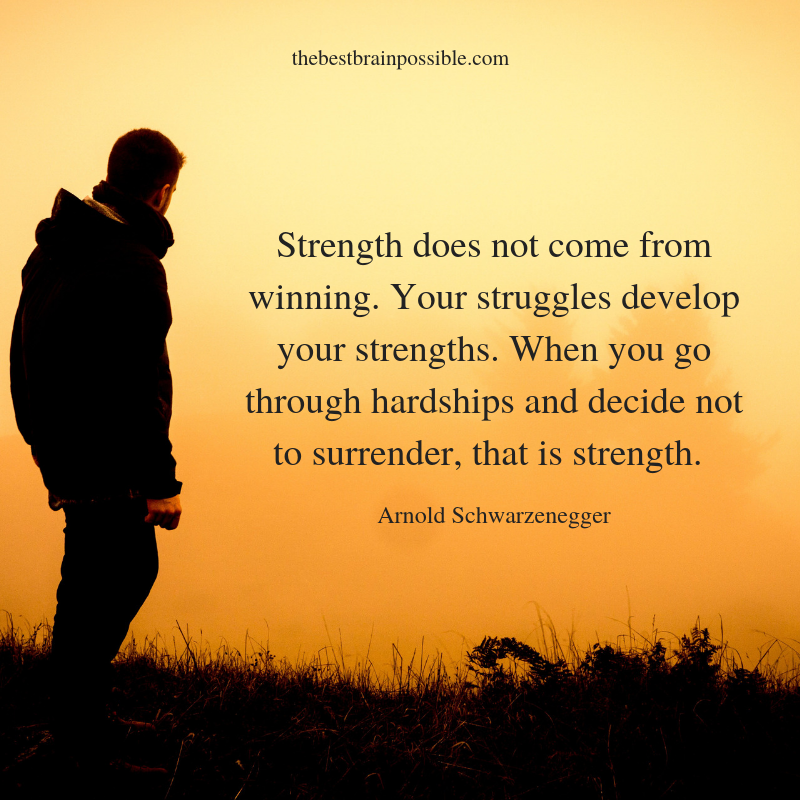 And it didn’t even have any effect. There was no gain for me and that was my first and last cigarette.
And it didn’t even have any effect. There was no gain for me and that was my first and last cigarette.
The physical reaction is the same for everyone. But there’s a social goal here that is powerful. People want to be accepted and if the crowd they’re with is smoking, they’ll jump past the awful part. The only problem is that after a short while it is no longer by choice because they become addicted. Once addicted, there is nothing about the cigarette that’s “pleasant” either. They simply “have” to have one.
Now, you might argue that that is a physiological addiction. It turns out that the brain works surprisingly similarly when the addiction is “just” emotional. Gamblers and shoppers experience a similar high to chemically addicted people and so do people who crave sexual attention. The way to tell whether the sexual craving is a true addiction is the same as for any other addiction: Does the person have trouble giving it up or decreasing it? Have there been negative consequences which have not stopped or even limited the behavior?
How does this happen in the case of needy love?
The individual with this problem may have experienced molestation or any form of abuse which lowered their self-esteem.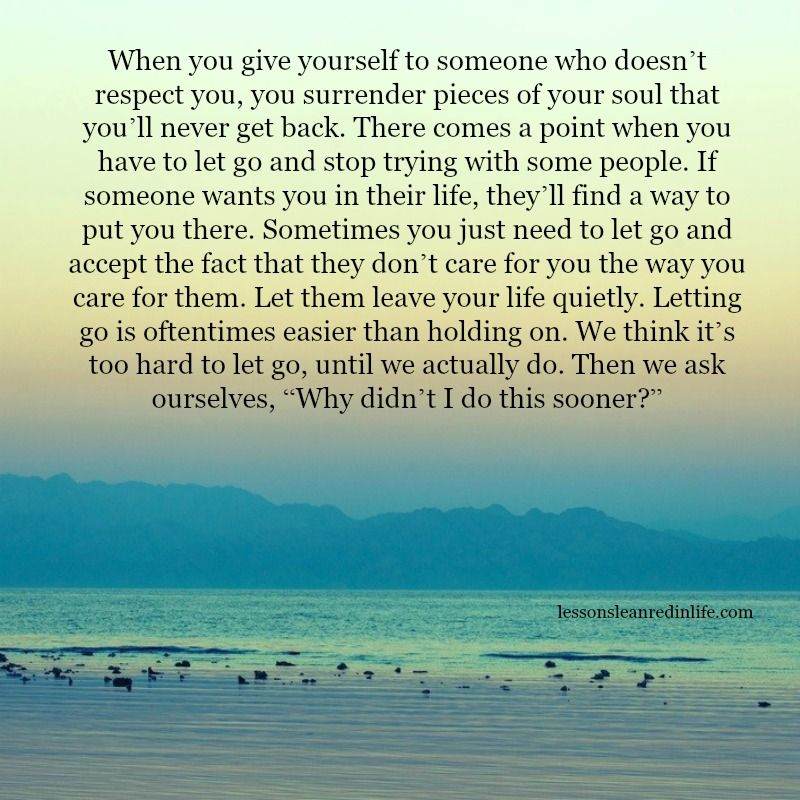 According to expert Patrick Carnes, if a person was sexually abused yet physically aroused at the same time, then bad treatment is associated with sexual pleasure and the two are hard to untie. But even when that was not the case, anyone who was not loved properly as a child will be thrilled with a few crumbs of attention or protection from a member of the opposite sex and so the needy love takes hold.
According to expert Patrick Carnes, if a person was sexually abused yet physically aroused at the same time, then bad treatment is associated with sexual pleasure and the two are hard to untie. But even when that was not the case, anyone who was not loved properly as a child will be thrilled with a few crumbs of attention or protection from a member of the opposite sex and so the needy love takes hold.
Self-Love
Self-love is self-valuing. It means knowing and liking who you are. It is not narcissistic (please see my articles on this subject; they show that narcissism is the absence of self-love). Self-love withstands the challenges of life such as unpleasant incidents at work, losing a contest, or even divorce. Self-love is absolutely necessary for a person to be able to give the love to others that they ought to get as part of a healthy relationship. Remember that baby, above? A person lacking self-love will not have the energy, desire, or even connection with the baby to give it the care it needs to survive.
Without self-love in an adult relationship, the same thing is true: The individual lacking it doesn’t have any or enough for others. In fact, here’s where it looks like there’s tons of love when there isn’t: In needy love, the needy person does not love herself or himself yet showers attention on another person. It looks like they love the other more than themselves when actually this is not love at all. It’s neediness and there is no love there for themself or the other.
And this also explains why the person lacking self-love won’t be loved. The attention they get will be from someone who wants to take advantage of them because of their own lack of self-love. Since there is no love for themself, they need to get it from somewhere else so they tease and attract needy people who are ready to chase after them. The chasing feels good to them; it fills to a small degree a void inside, much as any addiction distracts the addicted person from their problems on a temporary basis.
I Help Those Lacking Self Love to Acquire It
It is possible and not even that difficult to develop self-love. Don’t get me wrong. It’s not something you can get by reading a self-help book. It’s not something you will get too quickly with traditional therapy, either, if at all. When I say it’s not that difficult, what I mean is that if you are a skilled pianist, then playing a concerto may not be that difficult. I, personally, could not play a concerto on the piano. So for me to help you with self-love it is not that difficult. That is because this is my life. This is what I do. Helping you with this is the foundation of your being able to enjoy a real relationship of true love. Isn’t that what you want?
To get started, book a call with me, https://drdeb.com/book
The Extraordinary Privilege of Having Someone You Love More Than Yourself By Richard and Linda Eyre
POSTED BY David Gersh on April 15, 2015
What is the best thing in the world? The very best thing? What is the ultimate blessing, the greatest privilege on earth?
Some would say wealth, some health, some fame, some would choose longevity.
And many, many people say that the greatest thing is to be fully independent—emotionally independent, financially independent, fully self-sufficient in every way so you don’t have to rely on others.
But there is something even better than all of these—better because it gets us out of ourselves and lifts us into a higher realm of happiness received and happiness given.
It is the extraordinary privilege of having someone you love more than yourself!
Not someone who loves you more than themselves (although that might also be the case). The very best thing in the world is loving someone so much that you would give your life for them; someone whose happiness means more to you than your own happiness; someone who depends on you; someone on whom you depend.
We live in a world where independence is almost an obsession. So many people today, particularly Millennials, want to avoid being dependent on anyone; they want to keep their options open and not let anything tie them down.
But guess what... Independence is overrated! In fact, when independence is defined as needing no one and avoiding responsibility for others, it is downright lonely, and one of the worst places that a person can be.
It turns out that what we ought to be seeking is interdependence—needing others as they need us—depending on one another—taking responsibility for each other. Loving another more than you love yourself. That’s where the joy is.
Sometimes in our speeches or seminars, we ask married individuals an interesting question: “Whose happiness do you think you have more control over, your spouse’s or your own?” When they really ponder that question, most conclude that they actually have more influence over the happiness of their partner than they do over their own happiness.
Someone who is always seeking his own happiness seldom finds it. But someone who is genuinely trying to make his or her spouse happy usually succeeds.
Seeking your own happiness can turn into something resembling narcissism.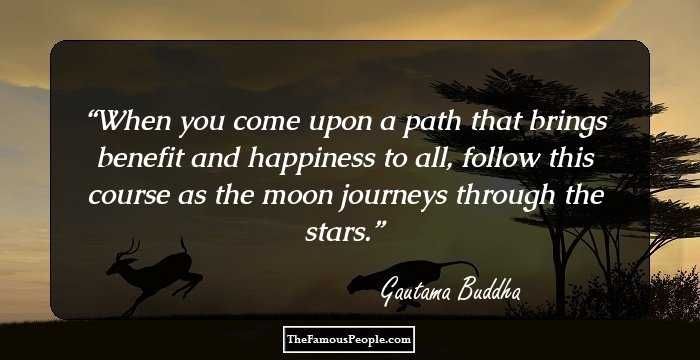 Seeking your spouses happiness can turn into a great marriage.
Seeking your spouses happiness can turn into a great marriage.
And the state of being absolutely committed, of being married, when it is approached this way, is the most natural and joyful life style that has ever been discovered. Ben Franklin put it this way “A single man is like half a pair of scissors.”
We are wired for interdependence. We instinctively want to be with someone and take care of someone. We are made to love and to be loved! And despite what many say, human beings are built and designed to perform and to feel at the highest level when they are committed to love one person exclusively.
Of course there are single people who are happy, who enjoy their lives, and who contribute much to others; yet most Americans who never have been married say they would like to be married at some point in their lives.
And we who are married ought to do our best to appreciate it more! The fact is that having someone you love more than yourself is an incalculable blessing.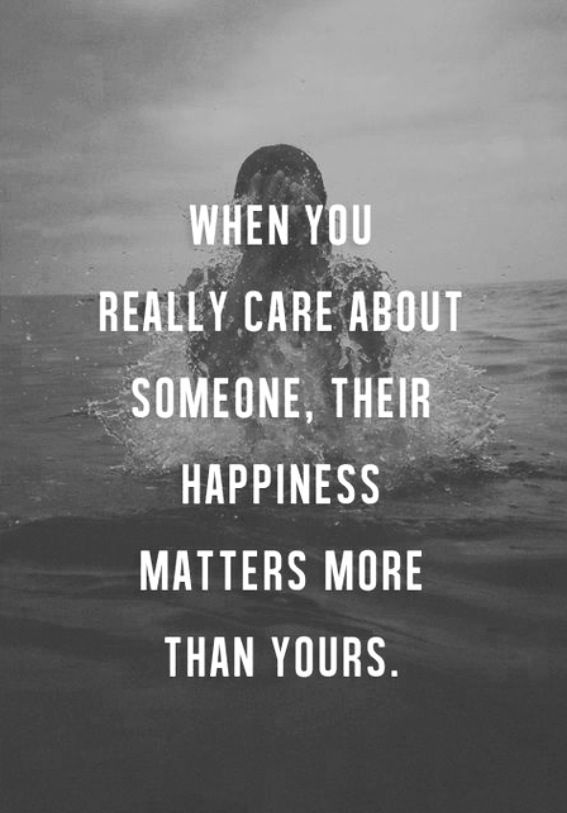 It changes how we think. It changes how we act. It changes who we are.
It changes how we think. It changes how we act. It changes who we are.
Devoting yourself to the happiness of other people is a great and wonderful thing, but devoting yourself to the happiness one other person—the one you love most— may be the single most influencing and determining factor of every aspect of your life— from your day-to-day happiness to the development of your character, and from where and how you live to how long you live.
And of course it will have a similar determining influence on the one you love.
Emerson said “See how the masses of men worry themselves into nameless graves, while here and there a great unselfish soul forgets himself into immortality.” The best way, and the simplest way to forget yourself is by devoting yourself to the happiness of your partner, of your spouse.
And of course the great secret of it all is that in our devotion to spouse and our forgetting of self, the happiness we were not seeking floods into our own lives.
Richard and Linda Eyre are New York Times #1 Bestselling Authors and the founders of JoySchools.com who speak throughout the world on marriage and parenting issues. Their two new books are The Turning, and The Thankful Heart.
About the author
Share this
Before you love, love yourself
33,788
Loneliness Man and woman
I will either have to ask for "refills" or give up the other person's feelings, because I still don't have enough of them. In any case, it will be difficult for me to give something: without loving myself, I think that I cannot give anything worthwhile and interesting to another.
He who does not love himself first uses and then destroys the trust of his partner. The "provider of love" becomes embarrassed, he begins to doubt and eventually gets tired of proving his feelings. Mission impossible: you can't give another what he can only give himself - love for himself.
One who does not love himself often unconsciously questions the feelings of another: “Why does he need such a nonentity as me? So he's even worse than me!" Lack of self-love can also take the form of an almost manic devotion, an obsession with love. But such an obsession masks an insatiable need to be loved.
So, one woman told me how she suffered from... her husband's constant declarations of love! There was a hidden psychological abuse in them that nullified everything that could be good in their relationship. After parting with her husband, she lost 20 kilograms, which she had previously gained, unconsciously trying to protect herself from his terrorizing confessions.
I am worthy of respect, which means I am worthy of love
The love of another can never make up for our lack of love for ourselves. As if under the cover of someone's love you can hide your fear and anxiety! When a person does not love himself, he longs for absolute, unconditional love and requires his partner to present him with more and more evidence of his feelings.![]()
One man told me about his girlfriend, who literally tortured him with feelings, testing the strength of the relationship. This woman seemed to be asking him all the time, "Will you still love me even if I treat you badly if you can't trust me?" Love that does not entail a dignified attitude does not form a person and does not satisfy his needs.
I myself was a favorite child, my mother's treasure. But she built a relationship with me through orders, blackmail and threats that did not allow me to learn trust, benevolence and self-love. Despite my mother's adoration, I did not love myself. At the age of nine I fell ill and had to be treated in a sanatorium. There I met a nurse who (for the first time in my life!) gave me an amazing feeling: I am valuable - just the way I am. I am worthy of respect, which means I am worthy of love.
During therapy, it is not the therapist's love that helps to change one's view of oneself, but the quality of the relationship that the therapist offers.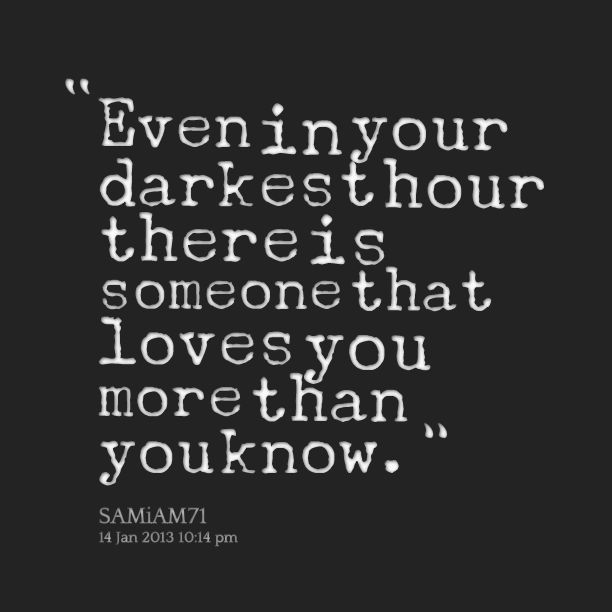 It is a relationship based on goodwill and the ability to listen.
It is a relationship based on goodwill and the ability to listen.
That is why I never tire of repeating: the best gift we can give a child is not so much to love him as to teach him to love himself.
Photo source: Getty Images
New on the site
“Either my daughter and I, or her”: the story of one ultimatum
Dry cough: psychosomatics and treatment
“Constant conflicts at work, as all colleagues piss me off »
How to increase your husband's income: 7 tips for your wife
Kidults: why it is so important for adults to fall into childhood
How to argue correctly so as not to spoil relationships: 4 sessions
“Because I am a jealous wife, I developed increased anxiety” our lives”
10 important quotes from Erich Fromm about love
On the birthday of the sociologist and psychoanalyst, the editors chose interesting passages from the book “The Art of Loving”
1.
Love is a state in which a person is able to feel and experience its absolute indispensability.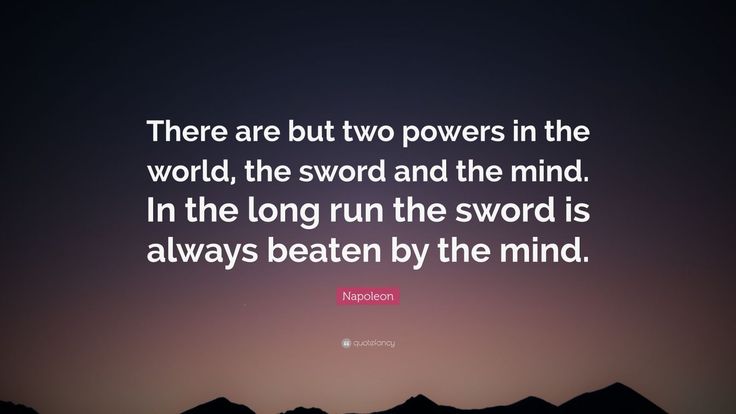 In love, a person can feel the meaning of his existence for the other and the meaning of the existence of the other for himself. Love helps a person to manifest itself, revealing, increasing, developing good, positive, valuable in him. This is the highest synthesis of the meaning of human existence. Only by loving, giving myself to another and penetrating into him, I find myself, I open myself, I open both of us, I open a person.
In love, a person can feel the meaning of his existence for the other and the meaning of the existence of the other for himself. Love helps a person to manifest itself, revealing, increasing, developing good, positive, valuable in him. This is the highest synthesis of the meaning of human existence. Only by loving, giving myself to another and penetrating into him, I find myself, I open myself, I open both of us, I open a person.
2.
In modern conditions, people who are able to love are rather an exception; love in today's Western society is a marginal phenomenon. This happens not so much because so many professions do not allow the existence of an attitude towards love, but because the greedy society, oriented towards the production and consumption of goods, is such that only a rare nonconformist is able to dodge it somehow. Anyone who is seriously concerned with love as the only rational answer to the problem of human existence must therefore come to the conclusion that important and radical changes in our social structure are necessary if we are to see love become a social and not an extremely individualistic and marginal phenomenon.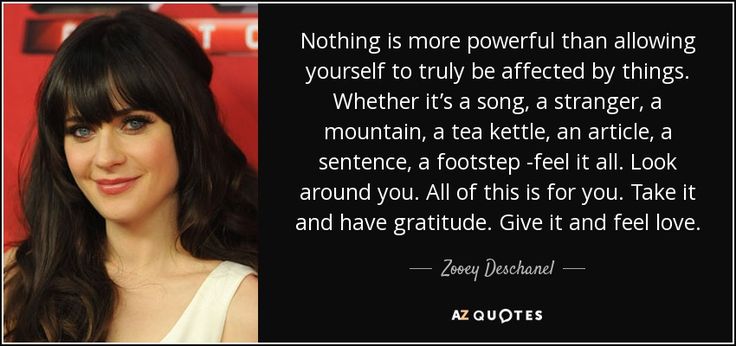
3.
Respect excludes the use of one person for the purposes of another. I want the one I love to have the opportunity to develop in their own way, not just to serve me. If I love another person, I feel my unity with him as such, as he is, and not with someone who I need as an object that I use. It is clear that respect is possible only if I myself have achieved independence; if I can stand and walk without crutches, without having to use and exploit someone else. Respect exists only on the basis of freedom, not subjection or domination; as the old French song says, l'amour est l'enfant de la liberte ("love is the child of liberty").
4.
Children's love follows the principle "I love because I am loved", mature - "I am loved because I love". Immature love cries, "I love you because I need you." Mature love says, "I need you because I love you."
5.
If two strangers, as we all are, suddenly let the wall separating them fall, this moment of unity will be one of the most exciting experiences in life.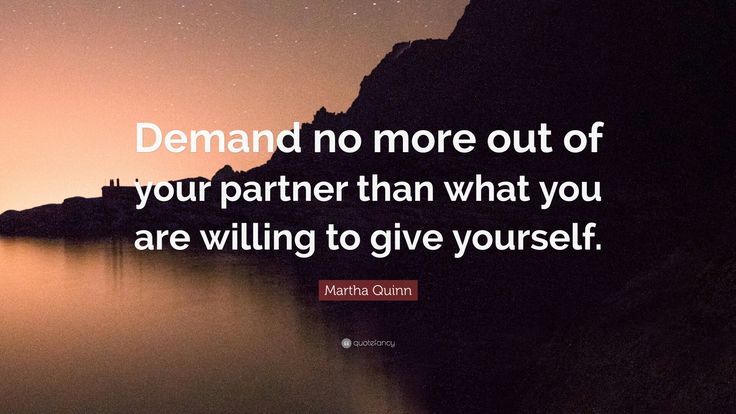 It contains everything that is most beautiful and miraculous for people who were previously divided, isolated, deprived of love. This miracle of unexpected intimacy is often easier if it begins with physical attraction and its gratification. However, this type of love, by its very nature, is short-lived. The two people get to know each other better, their intimacy loses more and more of its miraculous character, until at last their antagonism, their disappointment, their satiety with each other kill what is left of their original excitement. At first they did not know all this; they were indeed taken by a wave of blind attraction. The "craze" for each other is proof of the strength of their love, although it could only testify to the degree of their previous loneliness.
It contains everything that is most beautiful and miraculous for people who were previously divided, isolated, deprived of love. This miracle of unexpected intimacy is often easier if it begins with physical attraction and its gratification. However, this type of love, by its very nature, is short-lived. The two people get to know each other better, their intimacy loses more and more of its miraculous character, until at last their antagonism, their disappointment, their satiety with each other kill what is left of their original excitement. At first they did not know all this; they were indeed taken by a wave of blind attraction. The "craze" for each other is proof of the strength of their love, although it could only testify to the degree of their previous loneliness.
6.
People have become victims of mass suggestion, their goal in life is to produce and consume more and more. All our activity is subordinated to economic tasks, the means become the end; man becomes an automaton, well-fed, well-dressed, but devoid of any interest in his own human qualities and needs.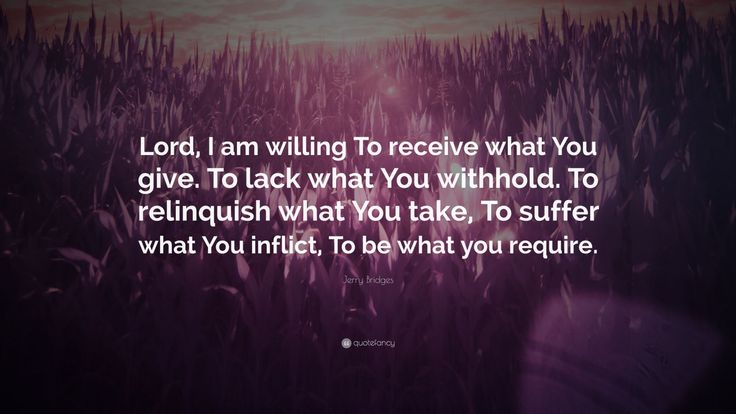 If the ability to love returns to a person, he will be returned to his dominant place. He should not serve the economic machine, but she should serve him.
If the ability to love returns to a person, he will be returned to his dominant place. He should not serve the economic machine, but she should serve him.
7.
Care and care involve another aspect of love — responsibility. Today, responsibility is often understood as the fulfillment of a duty, something imposed on a person from the outside. However, responsibility in the true sense of the word is a purely voluntary act; it is my response to the needs, expressed or unspoken, of another human being. To be responsible means to be able and ready to "respond".
8.
Love is possible only if two people communicate from the depths of their existence. Only at this level is human reality acquired, only here is life itself, and here is the basis for love. Love experienced in this way is a constant challenge, not a place to rest; it is movement, development, cooperation; agreement or conflict, joy or sadness - all this is secondary to the fundamental fact that two people feel themselves from the very depths of their existence - together, that they are one, each remaining himself and not taking flight. There is only one proof of the existence of love: the depth of relationships and the strength of life in each one is the fruit by which love is recognized.
There is only one proof of the existence of love: the depth of relationships and the strength of life in each one is the fruit by which love is recognized.
9.
It is impossible to respect a person without understanding him; care and responsibility are blind when there is no understanding, and understanding is impossible when there is no sincere care. There are many levels of understanding; the understanding that love requires is not superficial, it penetrates to the very essence. This is possible when I go beyond self-preoccupation and clearly see the other person in all his manifestations. I can know, for example, that a person is angry even if he does not show it; however, I can understand him even more deeply - see that he is agitated and worried about something, that he feels alone and feels guilty. Then it becomes clear to me that his irritation is a manifestation of something deeper and hidden, that he is not so much angry as suffering.
